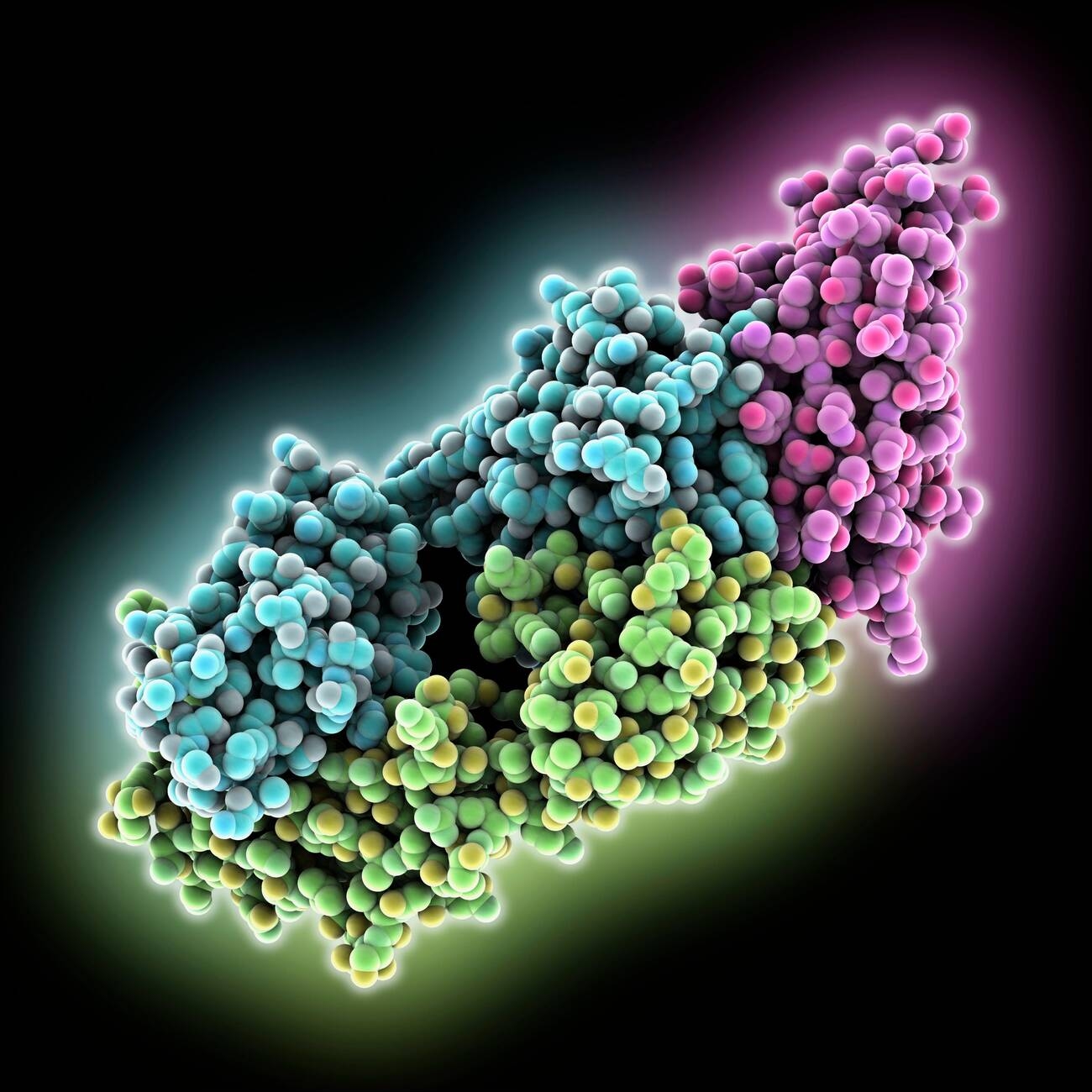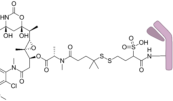Atezolizumab is approved by FDA for alveolar soft tissue sarcoma
Dec 2022: Atezolizumab (Tecentriq, Genentech, Inc.) has been approved by the Food and Drug Administration (FDA) for adult and paediatric patients with unresectable or metastatic alveolar soft part sarcoma who are 2 years of age or older (ASPS).
In Study ML39345 (NCT03141684), an open-label, single-arm study involving 49 adult and paediatric patients with metastatic or unresectable ASPS, efficacy was assessed. A ECOG performance status of 2 and histologically or cytologically proven ASPS incurable by surgery were prerequisites for eligibility. Patients were disqualified if they had primary central nervous system (CNS) cancer or symptomatic CNS metastases, clinically significant liver illness, a history of organising pneumonia, pneumonitis, or active pneumonitis on imaging. Pediatric patients got 15 mg/kg (up to a maximum of 1200 mg) intravenously once every 21 days until illness progression or intolerable toxicity. Adult patients received 1200 mg intravenously.
Overall response rate (ORR) and duration of response (DOR), which were determined by an independent review committee using RECIST v1.1, were the primary efficacy outcome measures. (95% CI: 13, 39), ORR was 24%. Sixty-seven percent of the 12 patients who had an objective response had a DOR of six months or longer, and 42 percent had a DOR of twelve months or longer.
The median patient age was 31 years (the range was 12-70); there were 47 adult patients (2% of them were over 65 years old) and 2 paediatric patients (aged 12); 51% of the patients were female; 55% were White; 29% were Black or African Americans; and 10% were Asian.
The most frequent adverse reactions (15%) were musculoskeletal pain (67%), fatigue (55%), rash, cough, nausea, headache, and hypertension (43% each), constipation, dyspnea, dizziness, and haemorrhage (29% each), decreased appetite and arrhythmia (22% each), influenza-like illness, weight loss, and allergic rhinitis anaphylaxis (18% each).
Adult patients should take atezolizumab at a dosage of 840 mg every two weeks, 1200 mg every three weeks, or 1680 mg every four weeks until their disease progresses or the side effects become intolerable. Children 2 years of age and older should get 15 mg/kg (up to 1200 mg) every 3 weeks until the condition progresses or there is intolerable toxicity.
View full prescribing information for Tecentriq.
Susan Hau is a distinguished researcher in the field of cancer cell therapy, with a particular focus on T cell-based approaches and cancer vaccines. Her work spans several innovative treatment modalities, including CAR T-cell therapy, TIL (Tumor-Infiltrating Lymphocyte) therapy, and NK (Natural Killer) cell therapy.
Hau's expertise lies in cancer cell biology, where she has made significant contributions to understanding the complex interactions between immune cells and tumors.
Her research aims to enhance the efficacy of immunotherapies by manipulating the tumor microenvironment and exploring novel ways to activate and direct immune responses against cancer cells.
Throughout her career, Hau has collaborated with leading professors and researchers in the field of cancer treatment, both in the United States and China.
These international experiences have broadened her perspective and contributed to her innovative approach to cancer therapy development.
Hau's work is particularly focused on addressing the challenges of treating advanced and metastatic cancers. She has been involved in clinical trials evaluating the safety and efficacy of various immunotherapy approaches, including the promising Gamma Delta T cell therapy.
- Comments Closed
- December 12th, 2022





alveolar soft part sarcoma, central nervous system, Genentech, Tecentriq
CancerFax is the most trusted online platform dedicated to connecting individuals facing advanced-stage cancer with groundbreaking cell therapies.
Send your medical reports and get a free analysis.
🌟 Join us in the fight against cancer! 🌟
Привет,
CancerFax — это самая надежная онлайн-платформа, призванная предоставить людям, столкнувшимся с раком на поздних стадиях, доступ к революционным клеточным методам лечения.
Отправьте свои медицинские заключения и получите бесплатный анализ.
🌟 Присоединяйтесь к нам в борьбе с раком! 🌟